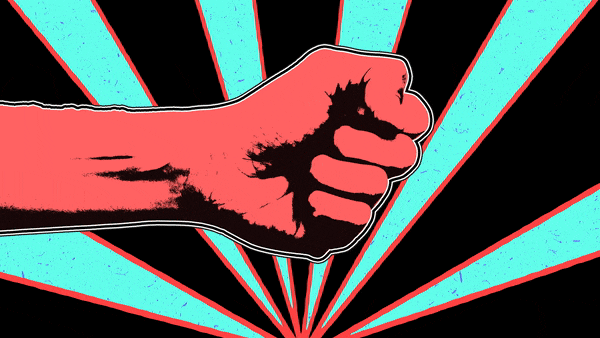The three big international politics stories of this year – Russia’s war on Ukraine, the uprisings in Iran, and China’s bid to lockdown COVID – have something basic in common: All are the result of authoritarian leaders who’ve painted themselves into dangerous corners, and they all sit atop political systems that make these kinds of crises inevitable.
Putin’s war
Russia’s Vladimir Putin has isolated himself from dissenting voices in his country and within his government, and it appears that many senior state officials and military leaders were surprised when he ordered the invasion of Ukraine last February.
Then, Putin himself was surprised to learn that billions supposedly invested in military modernization in recent years had been stolen or wasted, leaving his armed forces entirely unfit for purpose.
And because the Russian state sharply restricts the flow of accurate information within the country and criminalizes dissent, anxious Russians are now prey to every new rumor of a pending mobilization that might send more young Russians into a military meat grinder.
The result: The lack of accurate information flowing up or down the Russian system allowed Putin to start a war he can’t finish – with resulting damage to Russia’s economy, military, and political standing that will last for decades. Yet, the world pays a heavy price with the loss of Ukrainian and Russian lives, with higher energy and food prices triggered by the war, and with money and resources devoted to the conflict that might have been invested in human potential.
Iran’s insurrection
Since the in-custody death of a young woman arrested by the Islamic Republic’s morality policefor wearing her headscarf improperly, nationwide anti-regime protests have spread. Iran’s clerical establishment, led by Supreme Leader Ali Khamenei, has responded to the protests mainly with brutal repression, including public executions.
Here’s a government that bases its right to rule on a revolution that an increasingly small minority of Iranians are old enough to remember. It’s a regime isolated from its own people, threatened by public dissent, and unwilling to offer citizens more than token concessions. The public unrest continues.
Xi’s lockdown
China’s Xi Jinping, who has amassed more personal power within China than any leader in half a century, insists the Chinese Communist Party has helped his country avoid the COVID carnage suffered in Western democracies. To do this, the state has sharply restricted the movement of hundreds of millions of people, compromised their privacy, and forced them into constant testing and sometimes quarantine. China’s economy has taken a severe hit, but far fewer people have died in China than have succumbed to COVID in America and Europe.
But the lockdown could never be sustained indefinitely, and it has now been abruptly relaxed – without a clear plan to manage the deadly fallout. Because Xi insists on the superiority of the Chinese system, his government remains unwilling to accept mRNA vaccines developed in the West that might better protect China’s people now that the lockdown policy has become unsustainable and the virus is suddenly freer to travel.
And because Xi’s power is built atop a perception of infallibility – “Xi Jinping thought” is now enshrined as a guiding principle in China’s constitution – it’s been impossible for the state to acknowledge the error and to reverse course in ways that limit post-lockdown damage from the virus.
Finally, as in Russia, tight state control of information creates fertile ground for dangerous rumormongering within China and undermines the Chinese government’s credibility abroad.
Looking ahead
The history of the world shows us that democratic governments are certainly capable of dumb decisions that inflict terrible harm on others, but 2022 reminds us that when dictatorships create crises, they tend to be much harder to resolve.
In Russia, Iran, and China, there is no credible opposition capable of calling these leaders to account, in some cases saving them and their people from their own bad decisions. In none of them is there a free press capable of giving leaders an accurate picture of conditions inside their country or even within their governments. There are no independent voices to provide accurate information to help citizens navigate a crisis. There are no checks in place to prevent these governments from making matters worse.
In 2023, unable to win his war or admit he’s made a mistake, Putin will make matters worse for Russia, Ukraine, and the entire global economy by continuing the conflict.
As an aging Supreme Leader brings Iran closer to a potentially dangerous political transition, Iran may face even bigger disruptions ahead.
Because there was never a credible exit strategy from Xi’s zero-COVID policy, the virus will probably infect large numbers of Chinese citizens, mutate an untold number of times, produce new variants, and then cross borders. Chinese hospitals, the global economy, and everyone infected with these variants, inside and outside China, will pay the price.
The combination of near-absolute power, demand for near-perfect political control, and the distortion of open information that goes with them will be with us through the new year and beyond.
